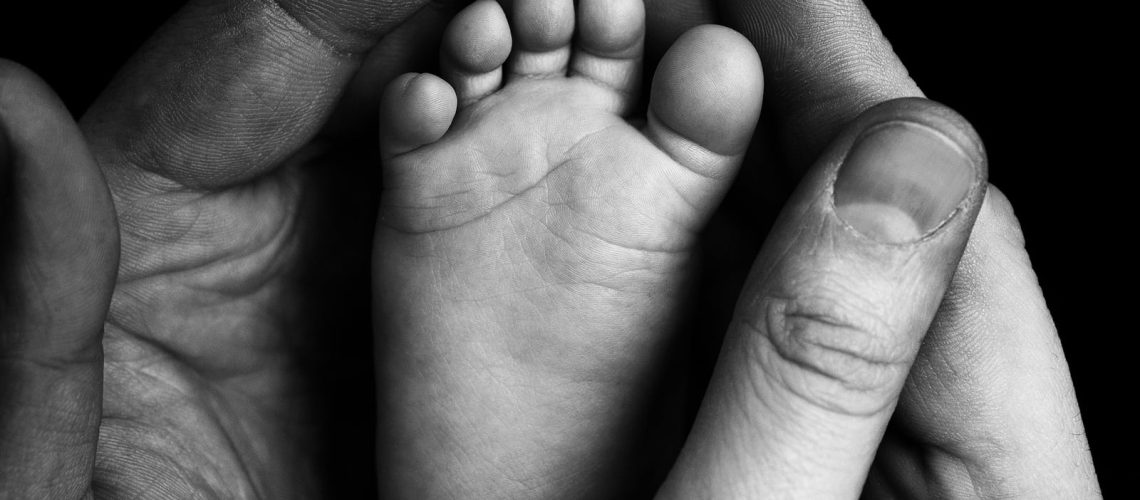Introduction
The question of whose responsibility it is for an unwanted child is a complex and critical issue that demands careful consideration. Michael Lee, in his influential book ‘The Abortion Bible,’ emphasizes the significance of pro-choice, pro-women, and pro-children perspectives, urging us to appreciate women’s choices in all circumstances, including those related to “God’s will,” “holy men and abortion,” and “the Bible and abortion.” This article delves into the multifaceted aspects of responsibility for unwanted children and advocates for a collective approach to address the needs and well-being of these vulnerable individuals.
Shared Responsibility: Society’s Role
The responsibility for unwanted children is not solely on the shoulders of a single individual or family. As a society, we have a collective duty to ensure the well-being of all children, regardless of the circumstances of their birth. By providing comprehensive support systems, access to education, healthcare, and social services, we can create an environment where every child has the opportunity to thrive. Embracing “pro choice,” “pro women,” and “pro children” principles also means respecting women’s decisions regarding their pregnancies and providing them with the necessary resources and support to make informed choices.
Empowering Women: The Foundation of Responsibility
Empowering women with the right to make informed choices about their reproductive health is a critical step in taking responsibility for unwanted children. Acknowledging the principles of “pro choice,” “pro women,” and “pro children” is not about encouraging abortions but rather about recognizing that women should have agency over their bodies and lives. By providing access to comprehensive sex education, family planning, and affordable healthcare, we can reduce the number of unwanted pregnancies and support women in making decisions that align with their circumstances and aspirations.
The Role of Parents: Nurturing Unconditional Love
For those who decide to raise an unwanted child, it is vital to recognize the significance of nurturing unconditional love and support. Children should never feel unwanted or burdensome; instead, they deserve a safe and nurturing environment where they can flourish. Parenting comes with its challenges, but taking responsibility for a child’s well-being includes ensuring their emotional, physical, and psychological needs are met.
Government and Policy: Creating Supportive Frameworks
Governments play a crucial role in taking responsibility for unwanted children by creating supportive frameworks that prioritize the welfare of all children. Implementing policies that provide assistance to low-income families, foster care improvements, and adoption support can help reduce the societal burden of unwanted children. Investing in childcare facilities, education, and mental health resources ensures that children have the best opportunities for growth and development. Embracing “pro choice,” “pro women,” and “pro children” principles in policy-making also means safeguarding women’s reproductive rights.
Adoption and Foster Care: Providing Safe Havens
In cases where biological parents are unable or unwilling to care for an unwanted child, adoption and foster care systems become vital components of responsibility. These systems offer safe havens where children can find love and stability, regardless of their biological origins. By ensuring these systems are well-regulated, offering comprehensive support to caregivers, and prioritizing children’s welfare, we contribute to a society that cares for all its members.
Conclusion
The responsibility for an unwanted child is not limited to one individual; rather, it is a collective duty that involves society, women, parents, governments, and support systems. Michael Lee’s ‘The Abortion Bible’ calls for pro-choice, pro-women, and pro-children perspectives, highlighting the importance of appreciating women’s choices and providing the necessary resources and support for all children. Embracing “pro choice,” “pro women,” and “pro children” principles, empowering women with reproductive choices, creating supportive frameworks through policy, and nurturing love and care in families contribute to a society that values the well-being of its youngest members. By embracing a shared responsibility, we can foster a world where every child is welcomed, loved, and given the opportunity to thrive.

